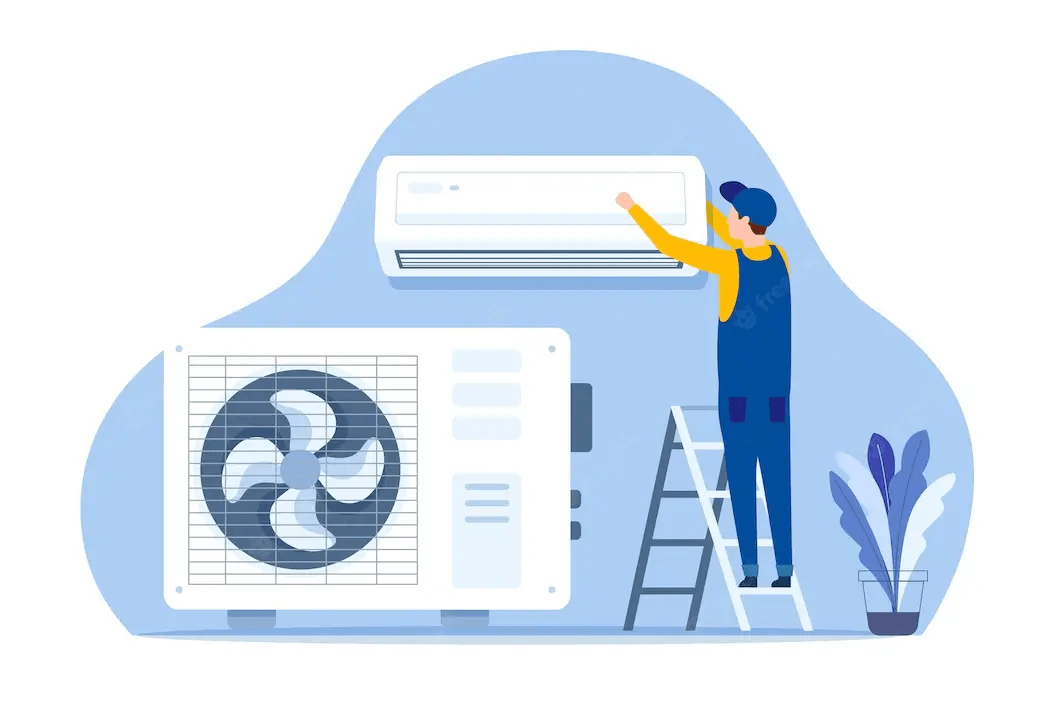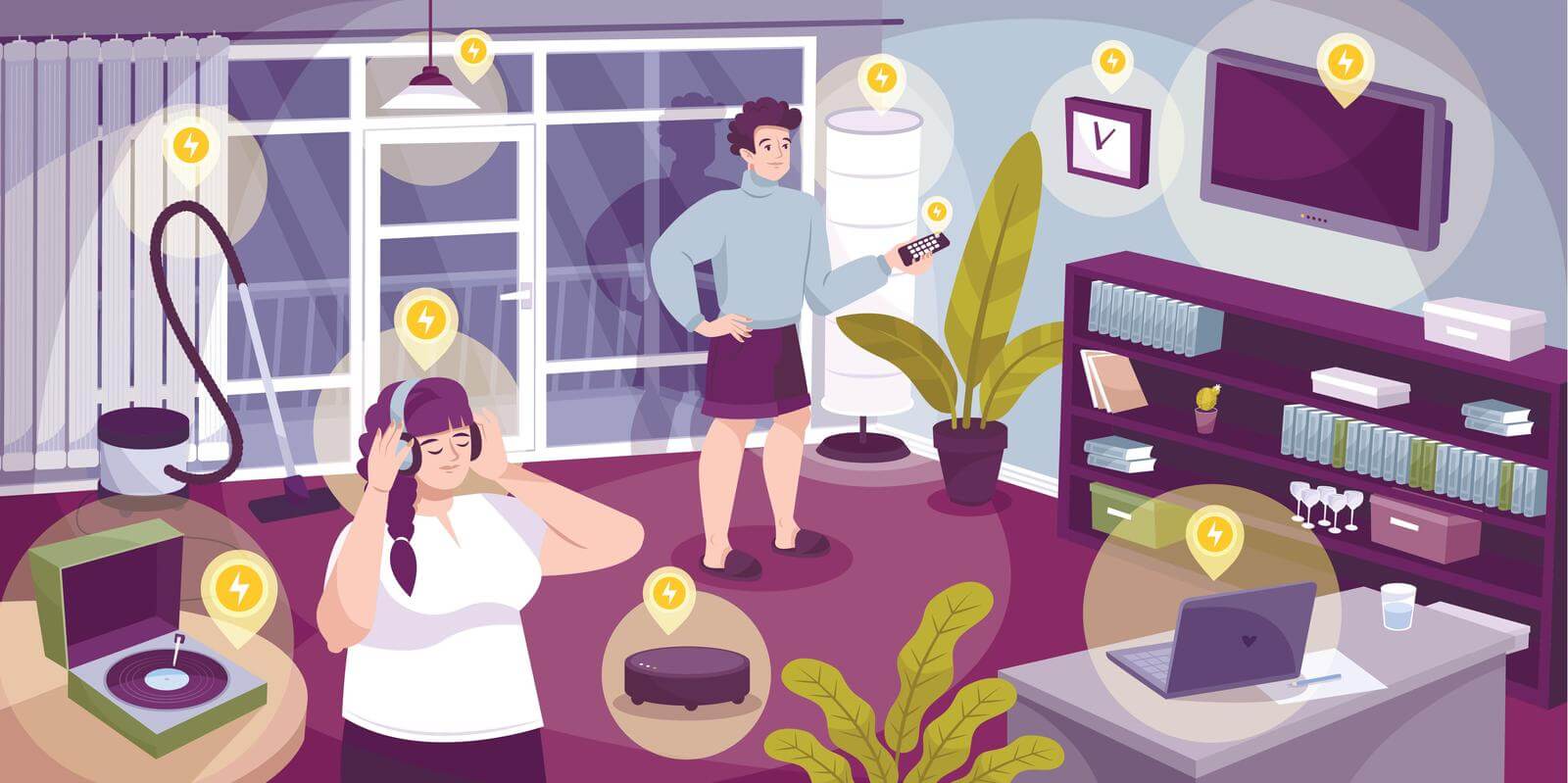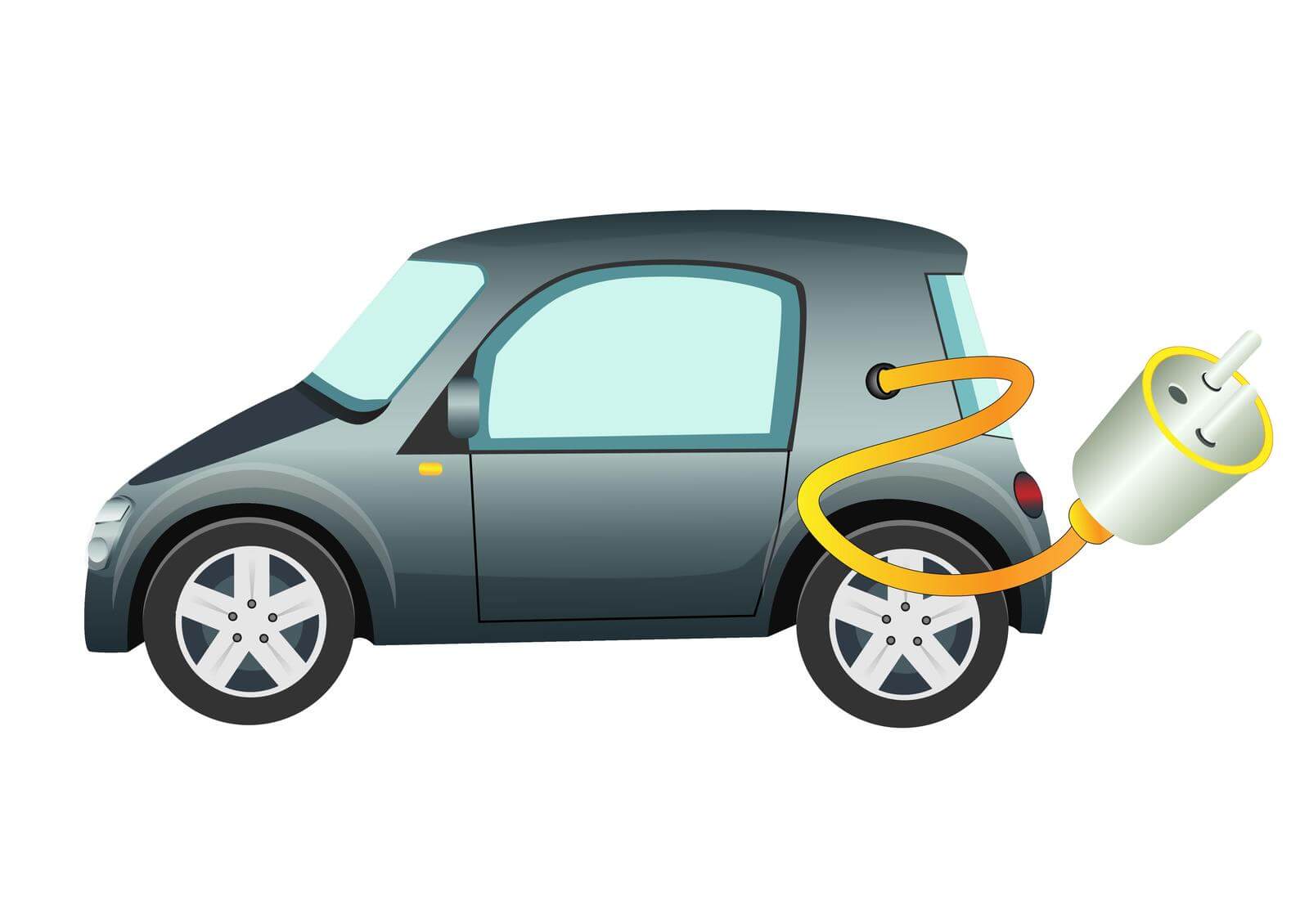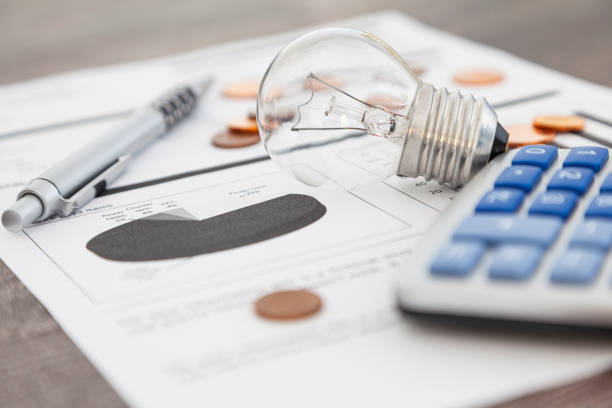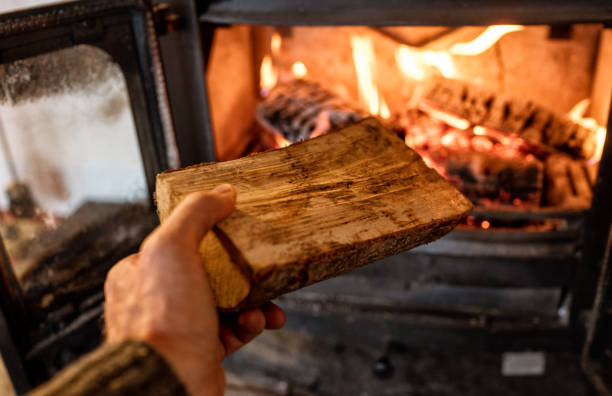- Home
- Energy Efficiency Home
- Ways to Conserve Energy At Home
50 Smart and Effective ways to conserve energy at home

The US wastes more electric energy than other countries. Our planet id handling really vital issues like pollution and the ozone layer depletion, so it is important that we do our best and learn how to conserve energy at home and in turn save the earth.
In this article, we are going to discuss several things that you and myself are able to do to not only save electricity but save a little money also. There isn't anything complex about what we are going to share with you but you need to try the following 50 ways to conserve energy at home:
- Turn off the lights when you leave a room.
- Unplug electronics when not in use.
- Use a thermal blanket if you need warmth during the winter months but do not want to use energy heating systems. Here are ways to keep your house warm in winter without electricity.
- Make sure your windows and doors are closed properly so that heat cannot escape during the summer months.
- Insulate your home using weather stripping, caulk, or foam insulation around doors ,garage door and windows, and around pipes that run under the floorboards or walls.
- Use a programmable thermostat to save energy when you are not at home.
- Save water by turning off the faucet when brushing your teeth, washing dishes, or showering.
- Clean your air ducts and filters regularly to keep your home free of dust and allergens that can cause asthma or other respiratory problems.
- Repair or replace worn-out appliances and fixtures such as air conditioners, heaters, water heaters, and light bulbs that use energy to work properly.
- Use a broom instead of a mop to clean floors; this will save water and energy.
- Avoid leaving lights on in vacant rooms overnight; this will help reduce energy costs used for lighting during the nighttime hours
- Park your car in the shade when possible to save energy
- Insulate your attic or crawlspace and seal any leaks to reduce energy costs used for cooling and heating
- Use natural light whenever possible to save energy; turn off lights when you leave a room.
- Do not run the dishwasher while you are still eating; wait at least two minutes after you finish eating before running the dishwasher.
- Check your water usage; if you are using more water than usual, try reducing the amount of soap or water that you use in the wash cycle.
- Consider using a water heater that uses less fuel; these heaters can be as expensive as $200 but will save you money on your electric bill over a period of time.
- Replace old appliances with more energy-efficient models when possible.
- Turn off the water while you are brushing your teeth to save energy.
- Raise the thermostat in the winter and lower it in the summer to save energy.
- Use a broom and dustpan instead of a vacuum cleaner to clean floors; this will save energy and money.
- Install fluorescent light bulbs instead of incandescent light bulbs when possible; these bulbs use less energy and last longer.
- Unplug electronics when they are not in use; this will help reduce energy costs used for standby power.
- Insulate your home’s exterior with weatherproof materials; this will help reduce energy costs used for heating and cooling.
- Use a clothesline to dry clothes; this will save energy and money.
- Install solar panels to generate electricity for your home; these panels can be expensive, but they can save you money in the long run.
- Purchase green power credits to offset the energy use of your home; these credits can be expensive, but they are an effective way to reduce your carbon footprint
- Drive less; carpool, ride a bike, or walk when possible to save energy.
- Turn off lights when you leave a room; this will save energy and money
- Insulate your rooflines; this will save energy and money
- Install a water-conserving irrigation system; this will help reduce the amount of water used in your garden or lawn.
- Use natural light whenever possible; this will save energy and money.
- Install insulation in your home’s ductwork; this will help reduce the amount of energy used for air conditioning and heating.
- Unplug appliances when they are not in use; This will help to find which appliance is using too much electricity
- Repair or replace broken windows and doors; these repairs can be expensive, but they can save you money in the long run.
- Insulate your hot water heater; this will help reduce the amount of energy used for heating water.
- Insulate your water pipes; this will help reduce the amount of energy used for heating water.
- Use LED lightbulbs; these bulbs use less energy than traditional lightbulbs and they last longer, saving you money in the long run.
- Install a programmable thermostat; this will help you save energy by adjusting your home’s temperature automatically.
- Purchase green building materials; these materials are more environmentally friendly and they can save you money in the long run.
- Use public transportation; this can be a more environmentally friendly way to get around and it can save you money in the long run.
- Install a rain barrel; this will help you collect rainwater and use it for irrigation or other needs.
- Plant trees; these trees can help reduce air pollution and they can also save you money in the long run.
- Save energy with your AC unit
- Turn off lights when you leave a room; this will help conserve energy and save money.
- Use natural light to cook meals; this will help reduce energy costs used for cooking.
- Close windows during a power outage; this will help conserve energy during a power outage.
- Under house insulation for a raised house help lower energy bills
- Save energy in the bathroom
- Check regularly your HVAC unit
